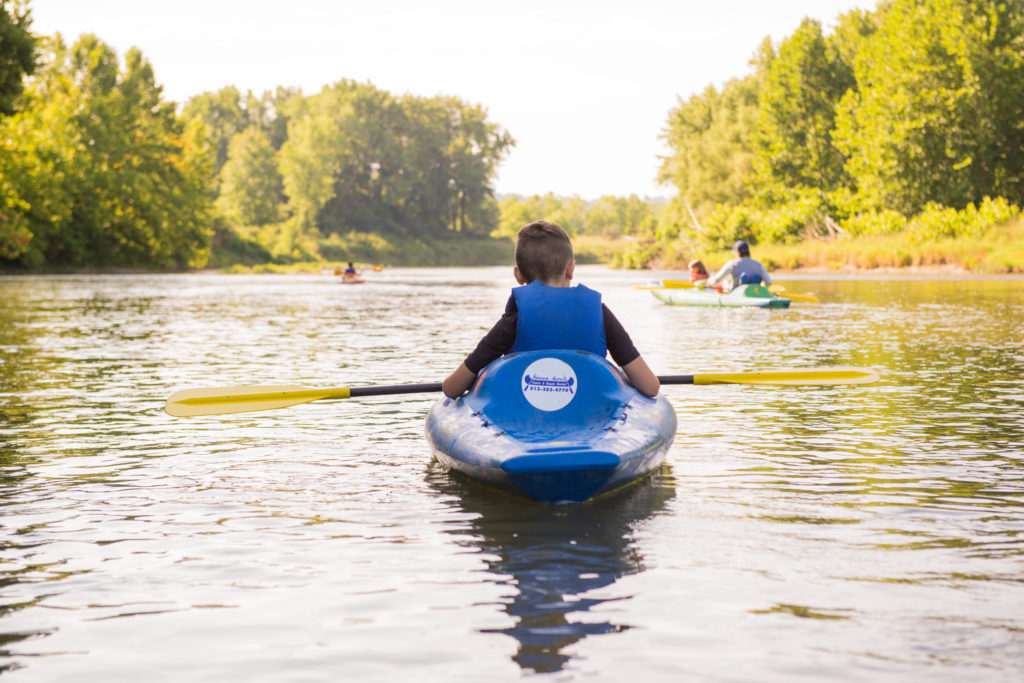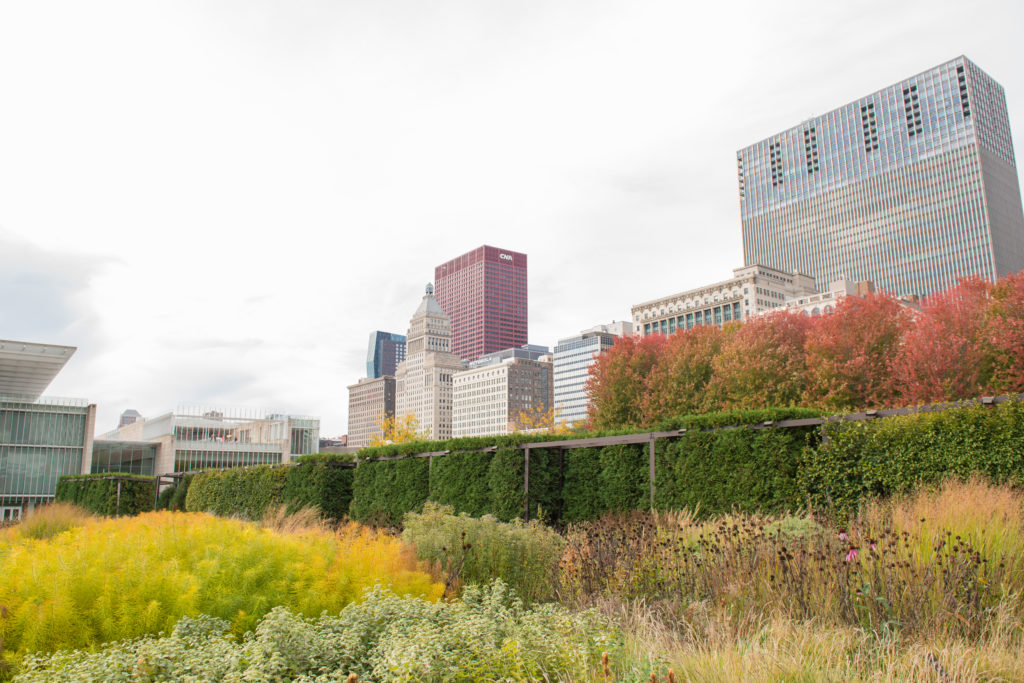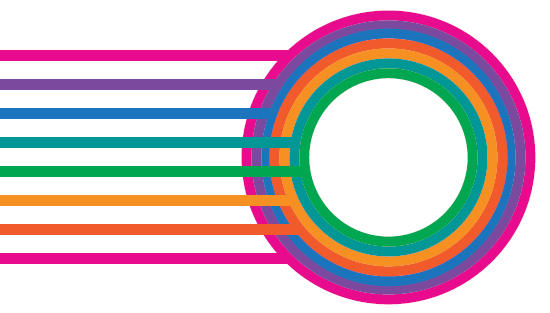
Everyone deserves to live in a clean, healthy environment—one that is free from hazards and emerging pathogens, resilient to future changes, and fulfills our need to connect with nature.
Healthy environments provide clean air, water, land, and well-functioning ecosystems, ensuring people are able to adapt to the inevitable impacts of climate change. Individuals need thriving natural places to feel healthy today—and communities rely on natural systems to support health now and in the future.

What You Need to Know
These key issues are essential to understanding how we can support thriving people and places.
Thriving Natural World: Changing Ecosystems
- Climate change disproportionately impacts the health of low-income communities and Communities of Color.
- People of Color are more likely to live in neighborhoods with multiple environmental stressors, such as air and water pollution.
- Safe running water, energy, and healthy housing are especially necessary during this pandemic and are basic conditions everyone needs to be healthy and thrive.
- Low-income communities and Communities of Color are least likely to have access to the public, open spaces that are critical to well-being, particularly during the COVID-19 crisis, when access to fresh air, sunlight, and exercise while maintaining proper distancing is so important.

Historical Context
LOW-INCOME COMMUNITIES AND COMMUNITIES OF COLOR in the United States have experienced disproportionate burdens from environmental hazards, unhealthy land uses, lack of access to parks and green spaces, historical traumas, and other sociodemographic stressors. Communities of Color are more likely to live near sources of toxic air and water pollution, exposing them to a higher risk of serious health problems. These very health conditions asthma and cardiovascular disease, for example—have now been linked to worse COVID-19 outcomes, underscoring the cumulative nature of vulnerability that is experienced daily by low-income communities and Communities of Color.
There’s a shift that needs to occur in terms of what we really think is important, what we really value.”
Darrell Hillaire, Lummi Nation & Children of the Setting Sun Productions

Current Conditions
A just response and recovery to COVID-19 requires an understanding of the interconnectedness of this global pandemic with issues of income and place-based inequality, environmental degradation, and racism. The loss of ecosystems and habitat, climate change, and other factors are part of the reason for this and future pandemics. Addressing climate change, health inequities, and disparities in access to nature will require transformational change in our policies and systems. We cannot have healthy people without healthy places, and we cannot have healthy places without a thriving natural world.

The 11th Street Bridge Park in Washington, D.C., brings green infrastructure to a community that lacks it, including stormwater management, native plants and trees, a rooftop farm, meadow, and river garden. The Street Bridge Park project has:
- Created 71 full-time jobs in historically lower-income Wards 7 and 8
- Engaged more than 2,500 residents in tenants’ rights initiatives
- Supported cultural works, like the Black Love Experience featuring music and art
- Harvested more than 7,500 pounds of fresh produce

Pivotal Moves
A Selection of Ideas for Changing Course
PIVOTAL MOVES are decisive actions that could begin now and change the course of community life relatively quickly.
EQUITABLE ACCESS TO PARKS & OPEN SPACE
Cities can adopt a transparent, data-driven, community-led approach to
improve the equitable allocation of public resources as part of park and
urban open-space development. Parks can contribute to higher land values
that lead to gentrification. The positive aspects of parks and open space can
only be created if their development is just, equitable, and inclusive in both
process and outcome—so that people can stay in place if they so choose.
TURN EDUCATION INSIDE OUT: GREEN SCHOOLYARDS
These preliminaries settled, he did not care to put off any longer the execution of his design, urged on to it by the thought of all the world was losing by his delay, seeing what wrongs he intended to right, grievances to redress, injustices to repair, abuses to remove, and duties to discharge.
NO SHUT OFF
A national moratorium on shutoffs of water, electricity, and gas for
residential buildings would ensure all people have basic necessities to be
healthy and combat the spread of COVID-19.